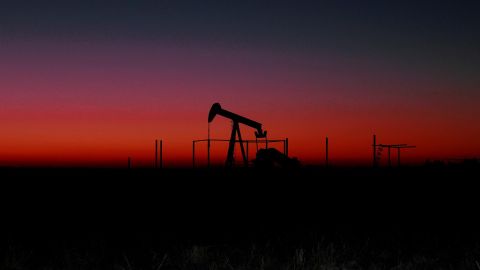
Facing Fossil Fuel Insecurities, the U.S. Invokes the Defense Production Act for Battery Minerals
By invoking the Defense Production Act, the U.S. sends a reminder that fossil fuel reliance is a national security risk.

By invoking the Defense Production Act, the U.S. sends a reminder that fossil fuel reliance is a national security risk.
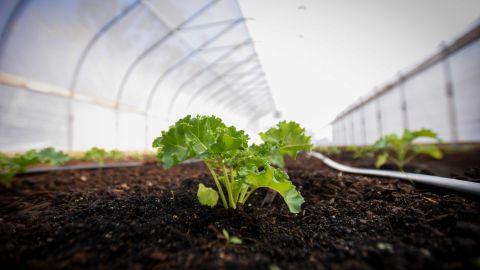
A simple breakdown of the chemistry explaining why certain gases warm the planet and contribute to the climate crisis.
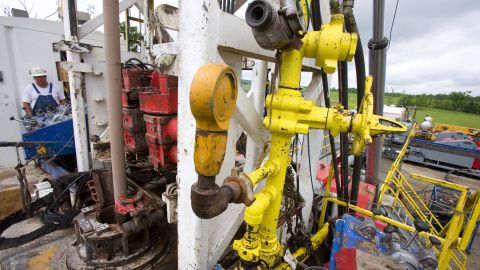
Carbon capture and storage is far from perfect, but if used right, it may be able to play an important role in combatting climate change.

The internet is flooded with alarmist headlines. But within the articles themselves lies the real story — often told in more rational terms.

The twin polar heat waves and Conger ice shelf collapse were unprecedented, scary, but absolutely not a reason to give up on climate change.
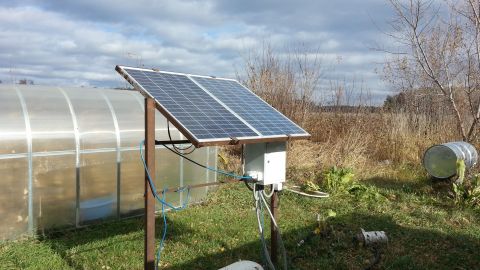
When people get home from work and turn on all the lights, the Sun has usually set. Could solar storage help address that electricity demand?

Decades of suppressing fires has led to overgrown forests, and a warming climate has increased the intensity and frequency of wildfires.
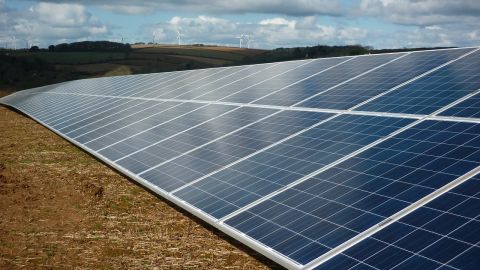
The industry still contends with human rights and geopolitical dilemmas, issues with siting, and more as solar technology scales up.

44% of U.S. oil refining capacity is located on the Gulf Coast. Every time hurricanes hit the region, national gas prices skyrocket.
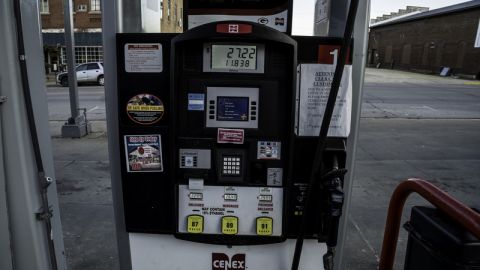
Inflation and the Russian invasion of Ukraine are major factors, but climate change has very little to do with today's high gas prices.

Why is all meat accused of being worse for the climate than plants? The feed conversion ratio helps explain why.

Lab-grown meat has the potential to be a more safe, ethical, and sustainable meat alternative. But the industry is facing a lot of hurdles.